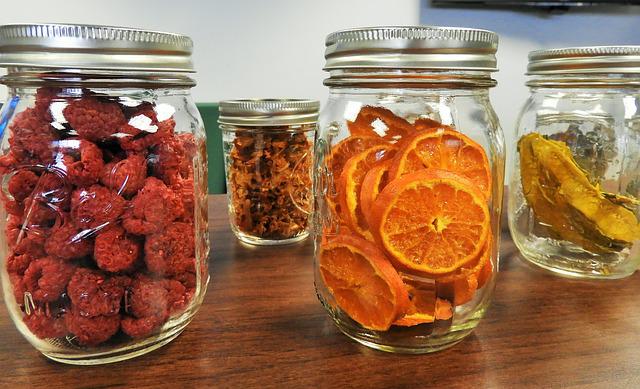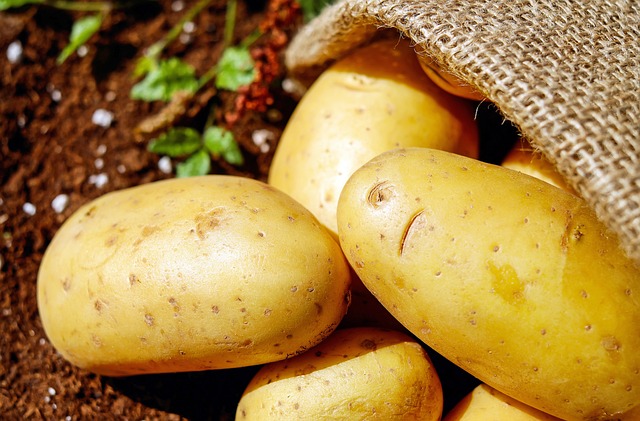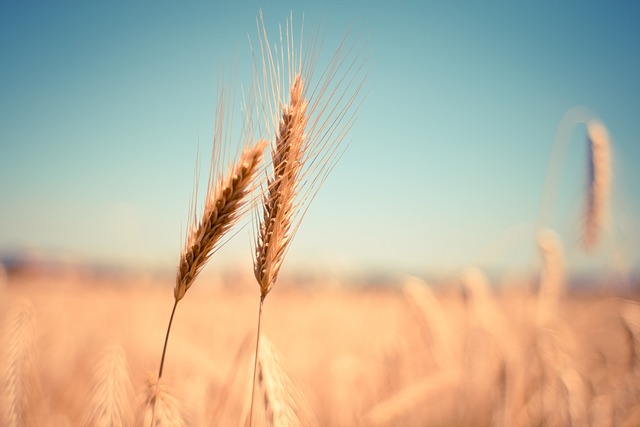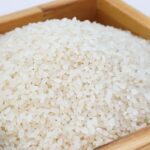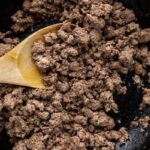Is Dehydrated Food Healthy? Learn The Facts
One of the earliest techniques for food preservation is dehydration. Is dehydrated food healthy? While our predecessors used the sun to dry their food, we now have commercial and household technologies that can eliminate moisture that can breed bacteria. Food is preserved using this method for a lot longer than it would normally last.
Table of Contents
An Overview Of The Past Dehydrated Food
This post is not intended to make you afraid to eat dried foods. In order to set the scene, it should be noted that two men by the names of Masson and Chollet invented the real mechanization of dehydration as a method of food preservation in France in the middle of the 1800s.
The dehydrators we see today, complete with individual heating zones, fancy digital timers, and gleaming stainless steel construction, were modernized versions of their mechanized creation. One well-known illustration of this is the Cosori CP267-FD food dehydrator.
Dehydrated Food Advantages
Can You Eat Agricultural Products All Year Round
Agricultural products can be preserved through dehydration so you can eat them all year long. This advantage is particularly clear if you grow your own food. Although there are other methods of food preservation, such as water bath canning, pressure canning, and lactic acid fermentation pickling, dehydrated food is more portable and better suited for snacks.
Yes, even in the winter, consumers can now purchase “seasonal” foods like tomatoes and berries. However, a lot of seemingly fresh agricultural products are actually not. We can buy apples that were harvested in October or even the following July because the products in the supermarket might be a few months old.
Retained Mineral Content
The mineral content of food is unaffected by dehydration, according to studies like this one. Food that has been dehydrated has a similar iron and calcium content to fresh food.
When it’s cold outside and there aren’t any meat or dairy products available, it can be challenging to get these nutrients. Dehydrated foods high in calcium and iron, like green leafy vegetables, are a good way to ensure nutrition all year long.
Concentrated Nutrition
Food that has been dehydrated will have less water and more concentrated nutrients because of this. This makes it simpler to meet the RDA of some nutrients from dehydrated food than from fresh food.
For instance, eating a whole dehydrated eggplant (made into delicious eggplant jerky) is simpler than doing so whole.
Save Money
People are constantly looking for more effective ways to save money, and one of the first expenses on the budget that frequently gets cut is the grocery bill. You can purchase your products in large quantities when you have the option to dehydrate food at home.
Long-term financial savings are possible if you do this. Additionally, you will always have access to the fruits and vegetables you enjoy at home, ready to eat.
Additionally, you’ll find that you shop for fresh food and produce at the grocery store less frequently. You can have gourmet dehydrated snacks like kale chips and sundried tomatoes without having to use any additional oils, preservatives, extra salt, or sugar.
Easy Food Storage
Dehydrated vegetables and other foods are preserved and stored in a way that is another blatant advantage. Your food loses moisture when you dehydrate it, which prevents bacteria from growing. This indicates that, compared to fresh foods, dehydrated foods remain preserved and safe to eat for a much longer period of time.
Additionally, as a useful byproduct of the dehydration process, the food shrinks as it is dehydrated, requiring less space for food storage. This makes it easy to have your favorite healthy snack on hand and ready to go in reusable containers or food-grade storage bags.
Reduce Waste
When you successfully reduce waste, food dehydration may also prove beneficial to you. How many times have you rushed to the store to buy fruits or produce only to find that it has already ripened or gone bad before you can prepare it for eating?
You can avoid throwing food away and creating unnecessary waste by dehydrating your food to extend its shelf life. You can be sure that the fruit and produce you are buying will be worth the money you are paying for it.
Is food that has been dehydrated healthy? Yes, it is, both for your body and, in many cases, your bank account.
High Fiber
Fiber is one nutrient that is concentrated in dehydrated food. It is not surprising that eating food that has been dehydrated can lower the risk of colon cancer, gastrointestinal cancer, pancreatic cancer, and other cancers because fiber is crucial for preventing cancer.
Energy Density
Foods like tomatoes, peppers, and mushrooms have a water content of over 90%. Dehydration removes the water from these foods while keeping all of the calories, creating food with a high energy density.
Eating high-energy foods isn’t always a good idea, especially if you’re trying to lose weight by cutting calories. Dry foods are the best option for homemade backpack meals and bug-out bagged food, though, due to their high energy density.
Read about: Easy Tips On How To Heat Up Food Without Microwave – Most Nutritious Foods
Reduce The Risk Of Cardiovascular Disease
Eating dried fruits can lower the risk of cardiovascular disease, according to numerous studies. This is so because dry food is high in antioxidants and fiber. Additionally, if you consume dried fruits, you are less likely to consume processed foods that increase your risk of heart disease.
Stronger Antioxidants
Heat is used in dehydration to dry agricultural products. While there are some drawbacks to heating food, one benefit is that it can start the Maillard reaction. In a nutshell, it is the chemical reaction that happens when food’s protein and sugar are heated.
Some antioxidants actually work better when food is dry because of the Maillard reaction. Even during dehydration, a few phenolic antioxidants are created. The antioxidant content of cranberries, raisins, and plums is therefore twice as high as that of fresh fruits.
Dehydrated Food Disadvantages
High In Calorie
Dehydrated food contains more calories per ounce than fresh food since dehydration is a process of removing water. For instance, dried fruit weighs less and makes hiking easier than fresh fruit, but eating too much-dried fruit can cause weight gain because it has more calories than fresh fruit. A cup of fresh apple slices weighs 4 ounces and has 57 calories, while a cup of dried apple has 1 ounce and 208 calories.
Bad For Teeth
Avoid consuming excessive amounts of dried fruit. Due to its high sugar content, dried fruit sticks to teeth and can result in cavities. Don’t forget to have a backup retainer on hand!
It Is Difficult To Digest
For two reasons, dehydrated foods can upset your stomach. First off, dried fruit has a high sugar content, which can upset the stomach and cause gas. Water is required by our bodies for digestion, which is the second justification. Despite the fact that you can eat a completely dehydrated meal as a snack, it is best to rehydrate dry foods before eating them, especially those that contain hard fiber, like celery or cauliflower.
Dehydrated Meat May Not Be Safe
A temperature of at least 160F is suggested to safely dehydrate meat. Unfortunately, most home dehydrators can’t get to that temperature. Even if the dehydrator’s temperature is set to 160°F or higher, the temperature might not be uniformly distributed throughout.
Because dry meat could still contain pathogens and parasites, dehydrating meat at home can be dangerous. More details on dehydrating meat securely can be found in this article. Additionally, you can read about how to handle meat.
Confused about which dehydrator to purchase? The top dehydrators are reviewed on our website.
High In Sodium
Another typical preservative found in dehydrated food is salt. Hypertension and coronary heart disease can result from a high sodium diet. Although most meat is naturally low in sodium, dry meat, such as dry salami and cured beef, is frequently high in sodium. A healthy adult should consume no more than 2300 mg of sodium per day, and an ounce of cured dried beef has more than 780 mg. Eat only dehydrated foods without salt by reading the ingredient list.
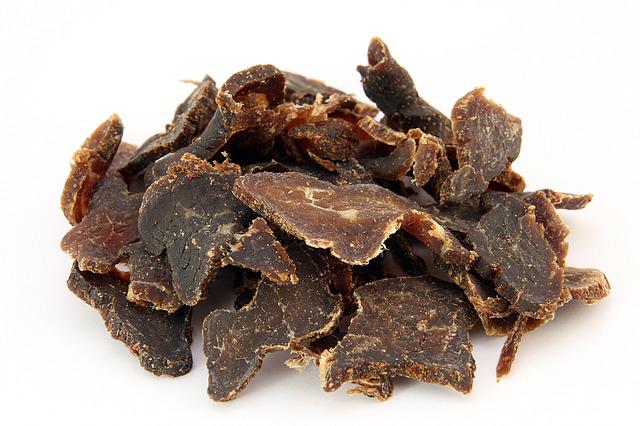
High In Sugar
In order to improve taste or as a preservative, dehydrated food may contain sugar; however, sugar only adds extra calories without adding any additional vital nutrients. While a quarter cup of dried and sweetened blueberries weighs 1 ounce and has 84 calories and 15 grams of sugar from natural sources, a cup of fresh blueberries weighs 5 ounces.4 ounces and contains 127 calories and 27 grams of sugar. To reduce sugar intake, choose fresh fruits or unsweetened dried fruits.
Conclusion
You may add dehydrated foods to smoothies, salads, cereal, baked goods, and many other snacks to make them healthier. They are simple to use in recipes because they rehydrate in liquid.
Foods that have been dehydrated retain their nutrients. Dehydrated foods are a go-to for hikers and tourists trying to save space because they are light, nutrient-dense options.

